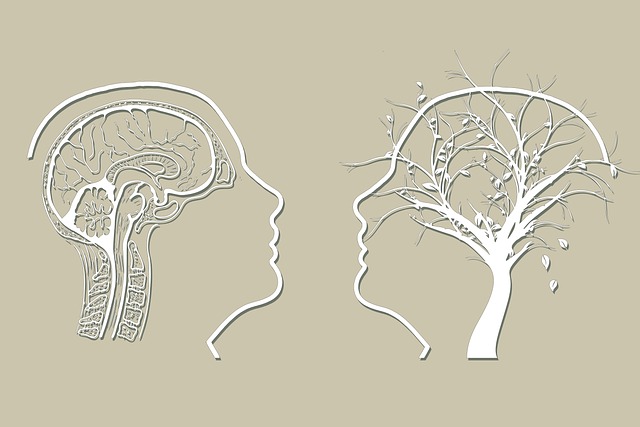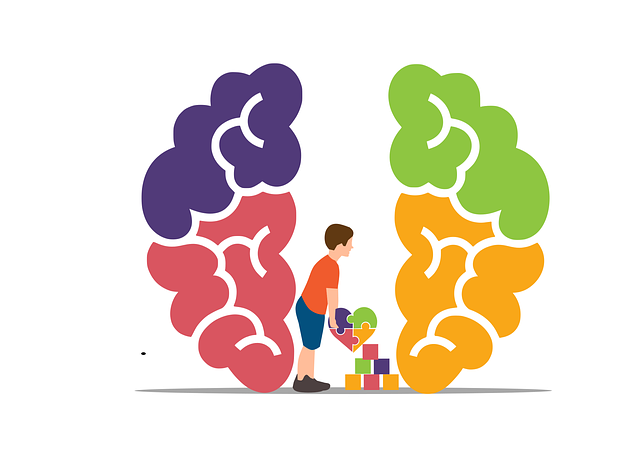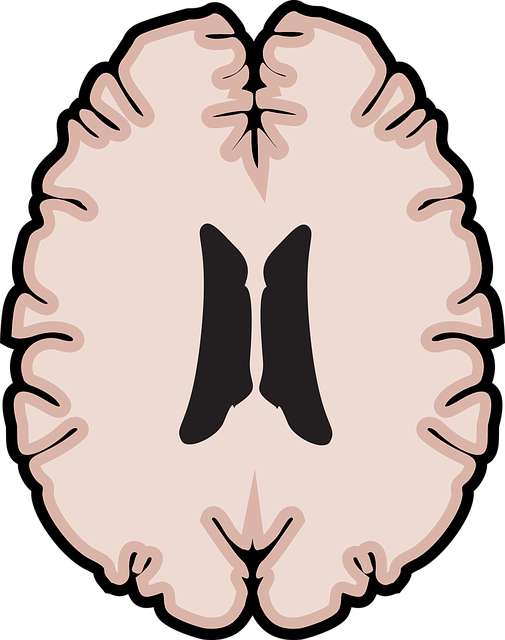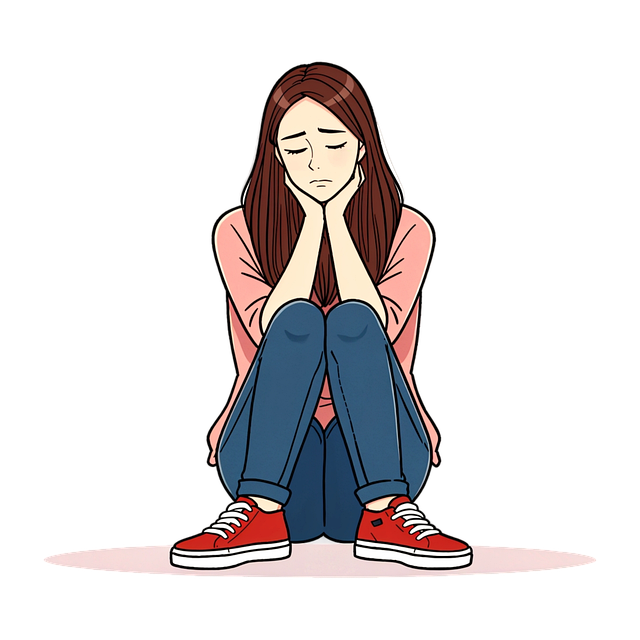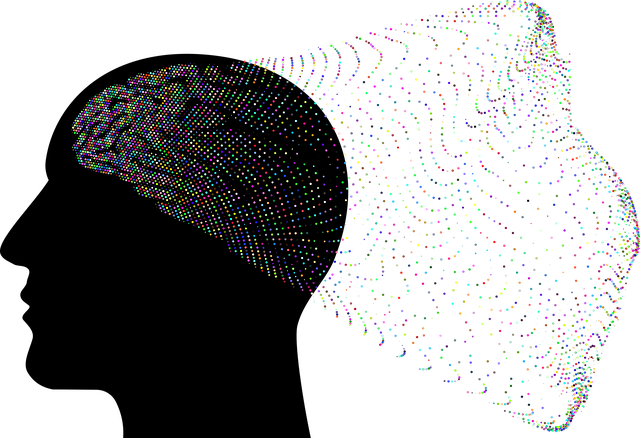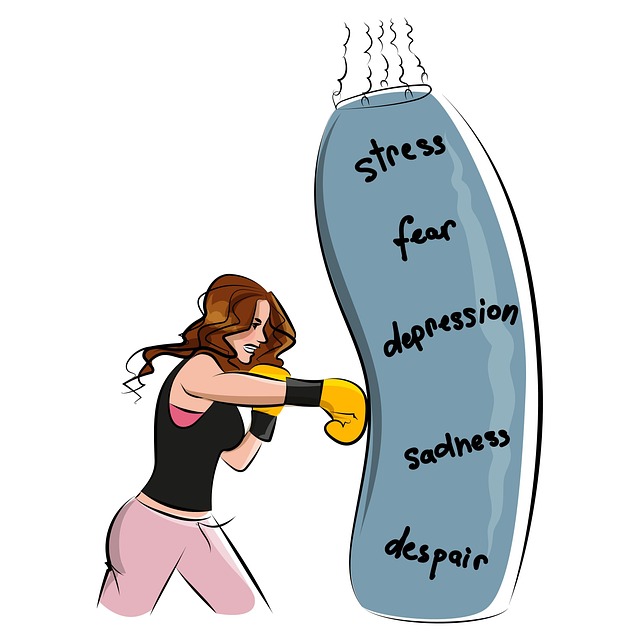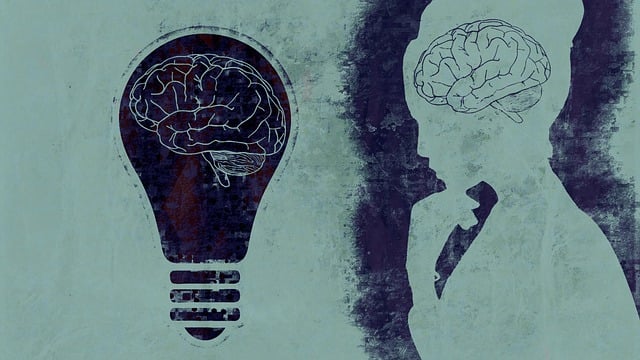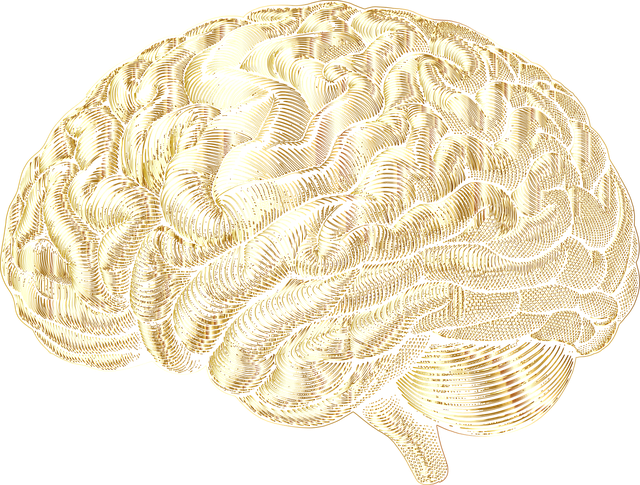Northglenn Learning Disability Therapy fosters mental wellness through collaborative group sessions, creating safe spaces for individuals with shared challenges. These groups empower members by encouraging open dialogue, offering mutual support, and teaching coping strategies. The specialized environment promotes community building, resilience, and cultural sensitivity, addressing burnout and trauma while enhancing personal growth and life skills development.
In today’s digital era, mental wellness group facilitation is gaining prominence as an effective therapy model. This article explores the benefits of group therapy for mental health, particularly focusing on techniques employed by professionals at Northglenn Learning Disability Therapy. We delve into understanding group dynamics, effective strategies like creating safe spaces and encouraging open communication, and tailored approaches for individuals with learning disabilities. By leveraging these techniques, facilitators foster inclusivity and promote mental wellness in diverse populations.
- Understanding Mental Wellness Groups
- – Definition and purpose of group therapy for mental wellness
- – Benefits of group facilitation in Northglenn Learning Disability Therapy
Understanding Mental Wellness Groups

Mental wellness groups are powerful tools for fostering a sense of community and support among individuals facing similar challenges. These groups provide a safe and non-judgmental space where members can share their experiences, offer encouragement, and learn from one another. At Northglenn Learning Disability Therapy, we recognize the unique benefits of group facilitation in promoting mental wellness. By bringing together individuals with common struggles, such as those seeking to develop inner strength or applying mind over matter principles, these groups foster a sense of belonging and empower participants to navigate their journeys effectively.
Furthermore, mental wellness groups play a crucial role in burnout prevention. In today’s fast-paced world, many people struggle with overwhelming stress and exhaustion. Group therapy sessions offer a collective approach to managing these issues, as members can share coping strategies, exchange insights, and mutually support each other through difficult times. This collaborative environment not only enhances individual mental wellness but also strengthens the bonds within the group, creating a supportive network that extends far beyond the therapy room.
– Definition and purpose of group therapy for mental wellness

Group therapy for mental wellness is a powerful and collaborative approach to fostering emotional well-being among individuals facing various challenges. It provides a supportive environment where people with similar struggles come together to share experiences, offer mutual support, and learn from one another. In this therapeutic setting, Northglenn Learning Disability Therapy facilitates a unique form of treatment that goes beyond individual therapy sessions, encouraging group members to develop coping strategies and build resilience.
The primary goal is to create a sense of community, fostering connections that promote self-care practices and emotional well-being promotion techniques. Through active participation, individuals gain insights into their mental health conditions while learning valuable skills to navigate life’s challenges. This collective experience not only enhances personal growth but also empowers group members to become agents of change in their lives, ultimately building resilience against future setbacks.
– Benefits of group facilitation in Northglenn Learning Disability Therapy

Group facilitation offers a unique and beneficial approach for individuals seeking support in Northglenn Learning Disability Therapy. This collaborative method allows participants to connect with peers facing similar challenges, fostering a sense of community and shared understanding. By engaging in group sessions, members can build resilience through the power of collective experiences, learning from one another’s strengths and coping strategies. The dynamic nature of these groups encourages open communication, cultural sensitivity in mental healthcare practice, and a safe space to express emotions freely.
In Northglenn Learning Disability Therapy, group facilitation goes beyond individual therapy, providing specialized Trauma Support Services. It enables members to process traumatic experiences collectively, gaining valuable insights into their own healing processes. This supportive environment promotes emotional growth, enhances self-awareness, and empowers individuals to develop tailored coping mechanisms, ultimately contributing to improved mental wellness and enhanced life skills.
Group facilitation techniques have proven to be immensely beneficial in mental wellness support, particularly in settings like Northglenn Learning Disability Therapy. By fostering a sense of community and shared understanding, these groups empower individuals to navigate their mental health journeys together. The article has explored the foundational aspects of group therapy and highlighted its advantages, underscoring its potential as a transformative tool for those seeking support and growth.
